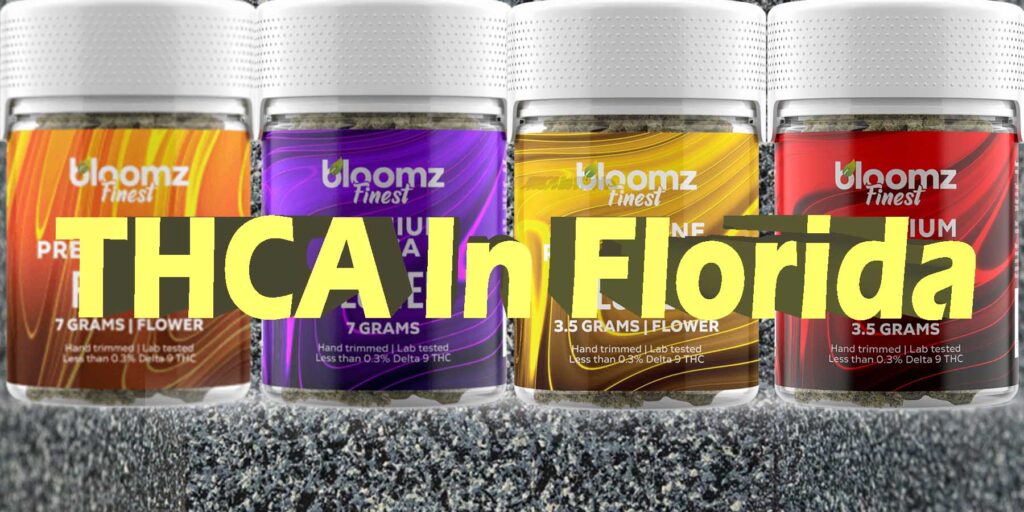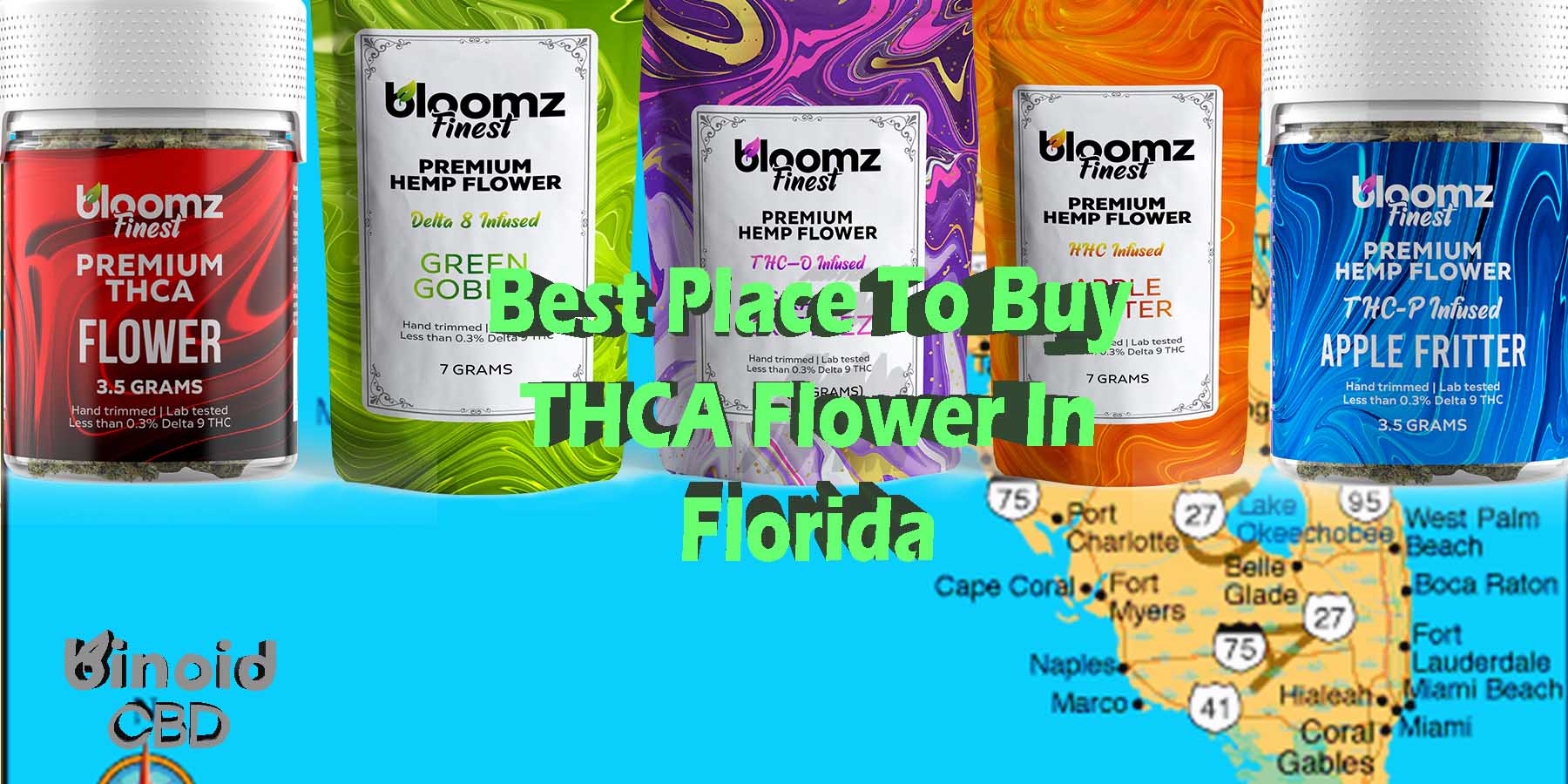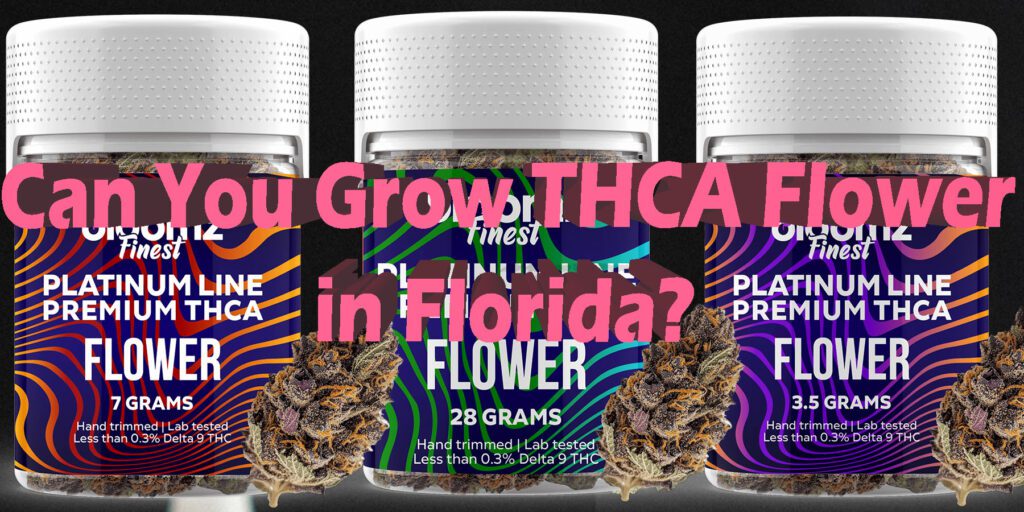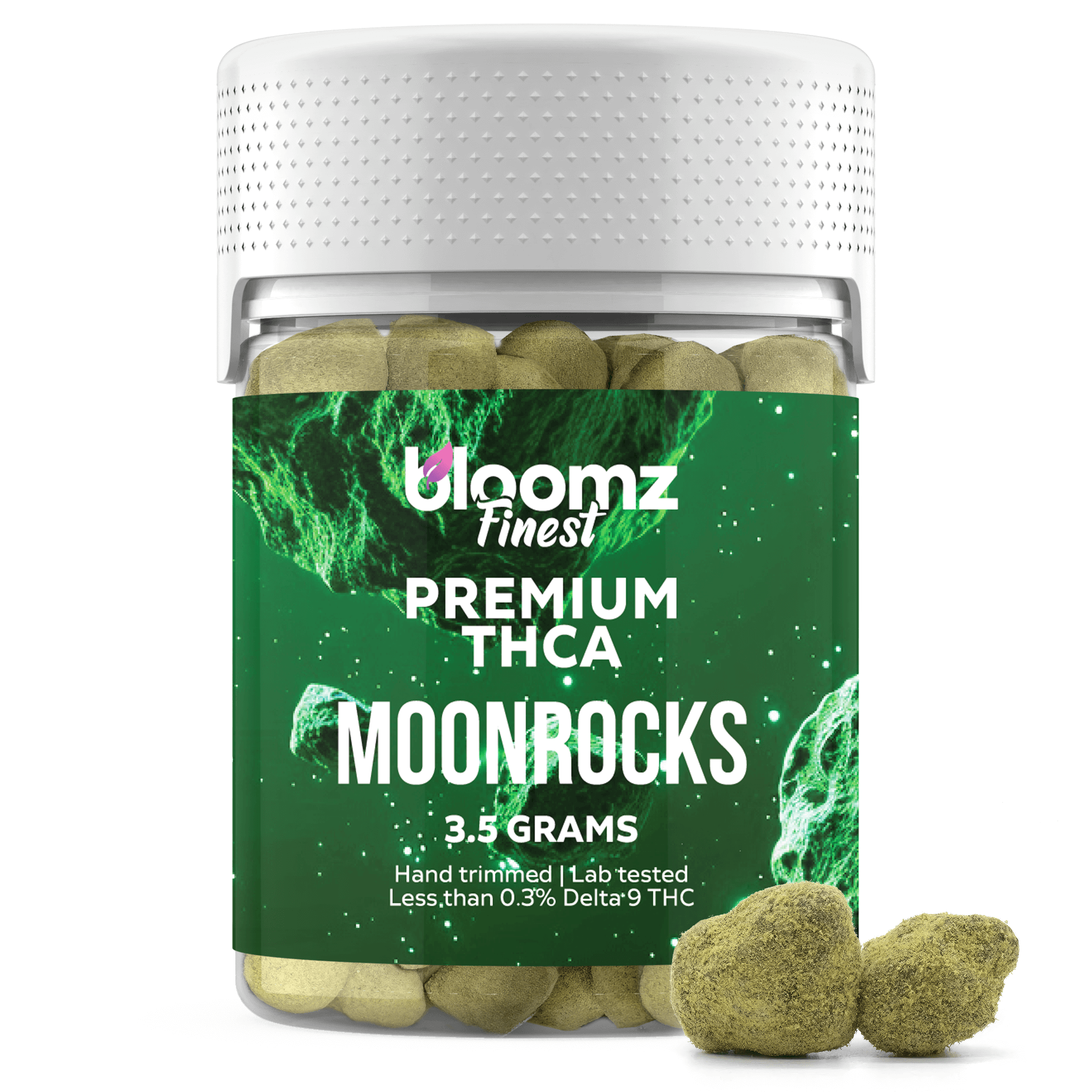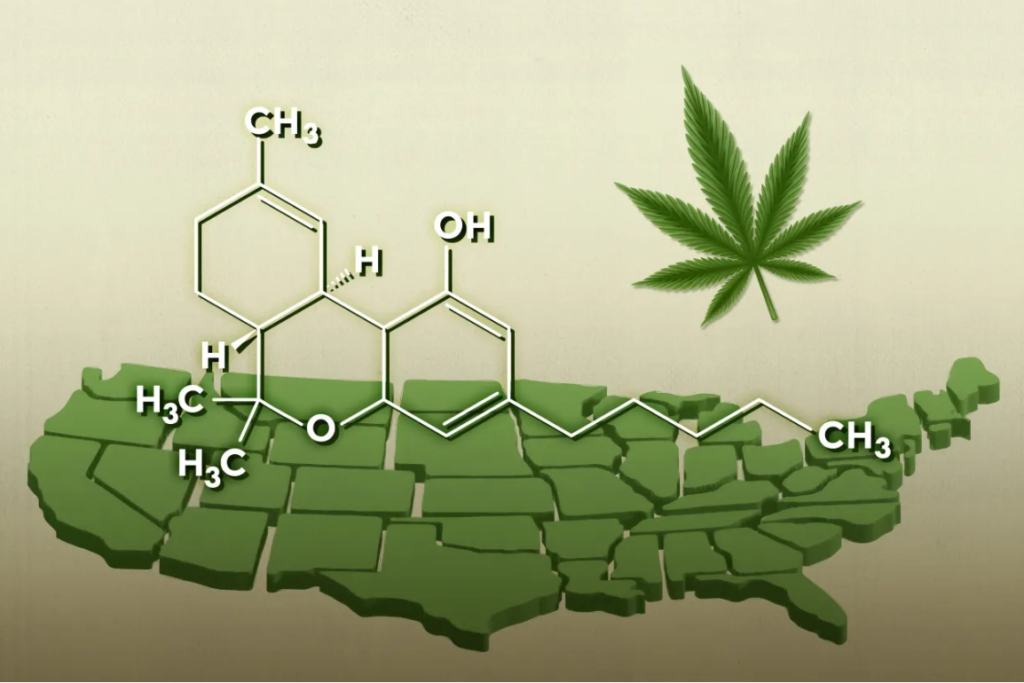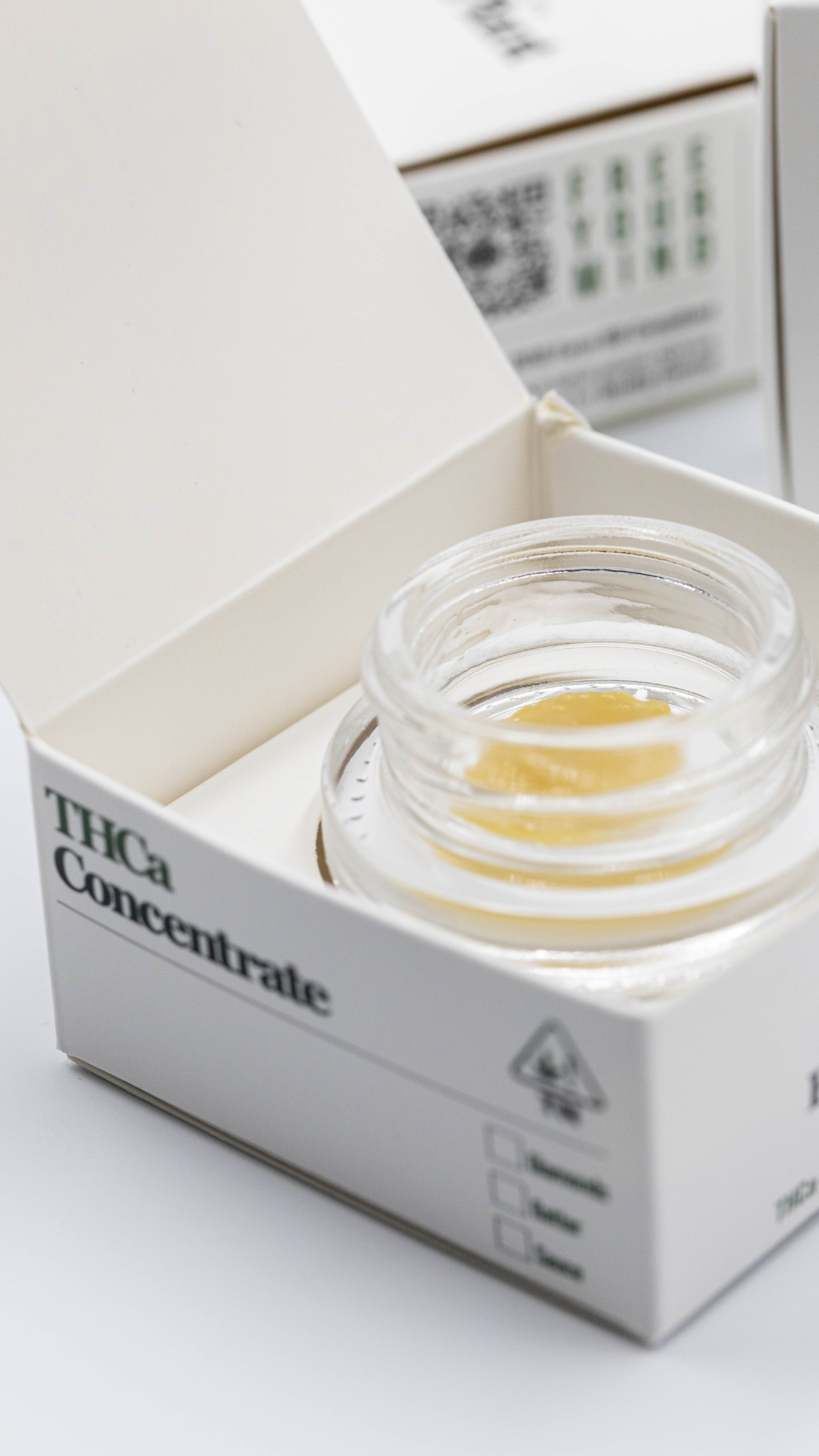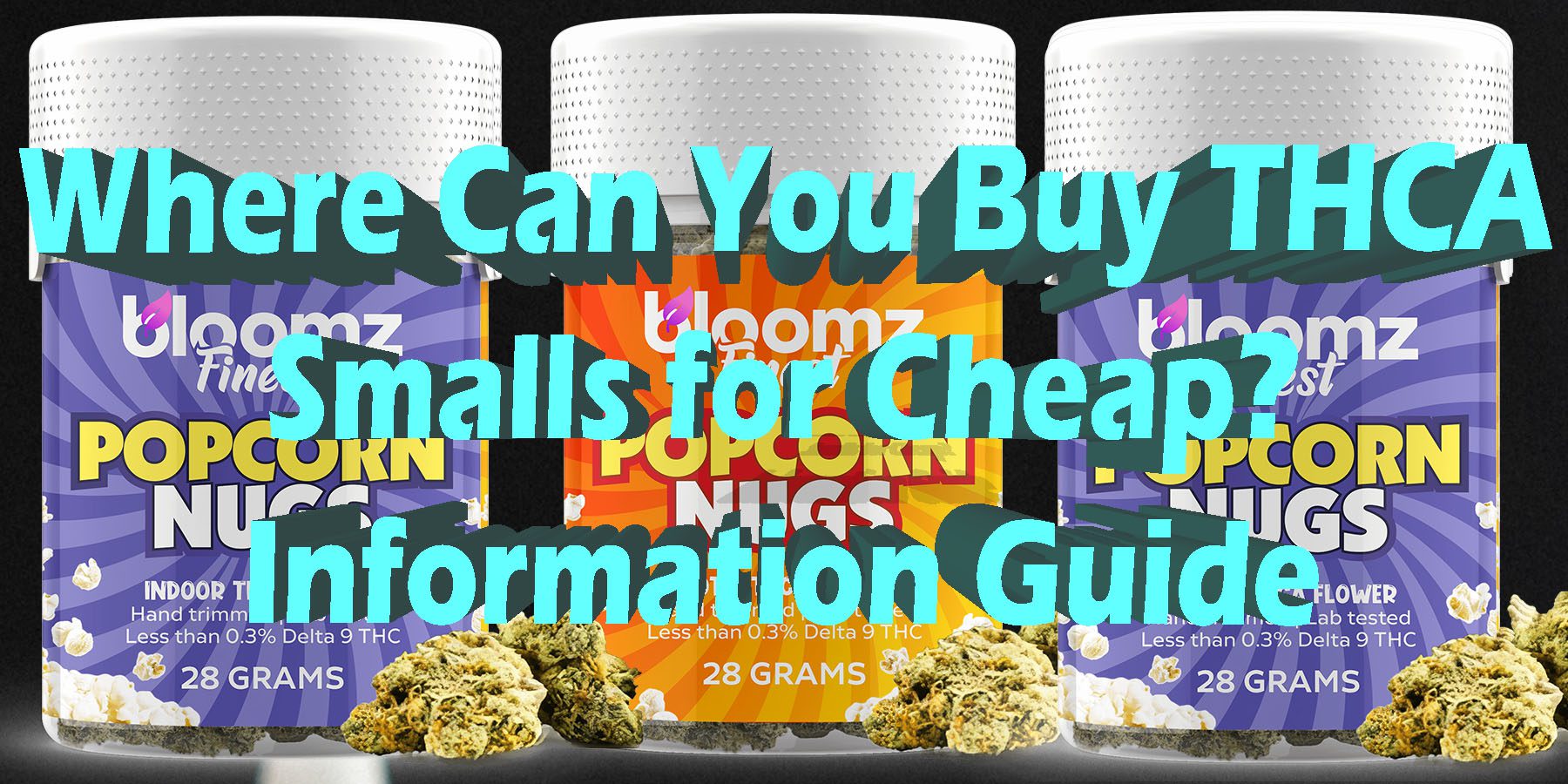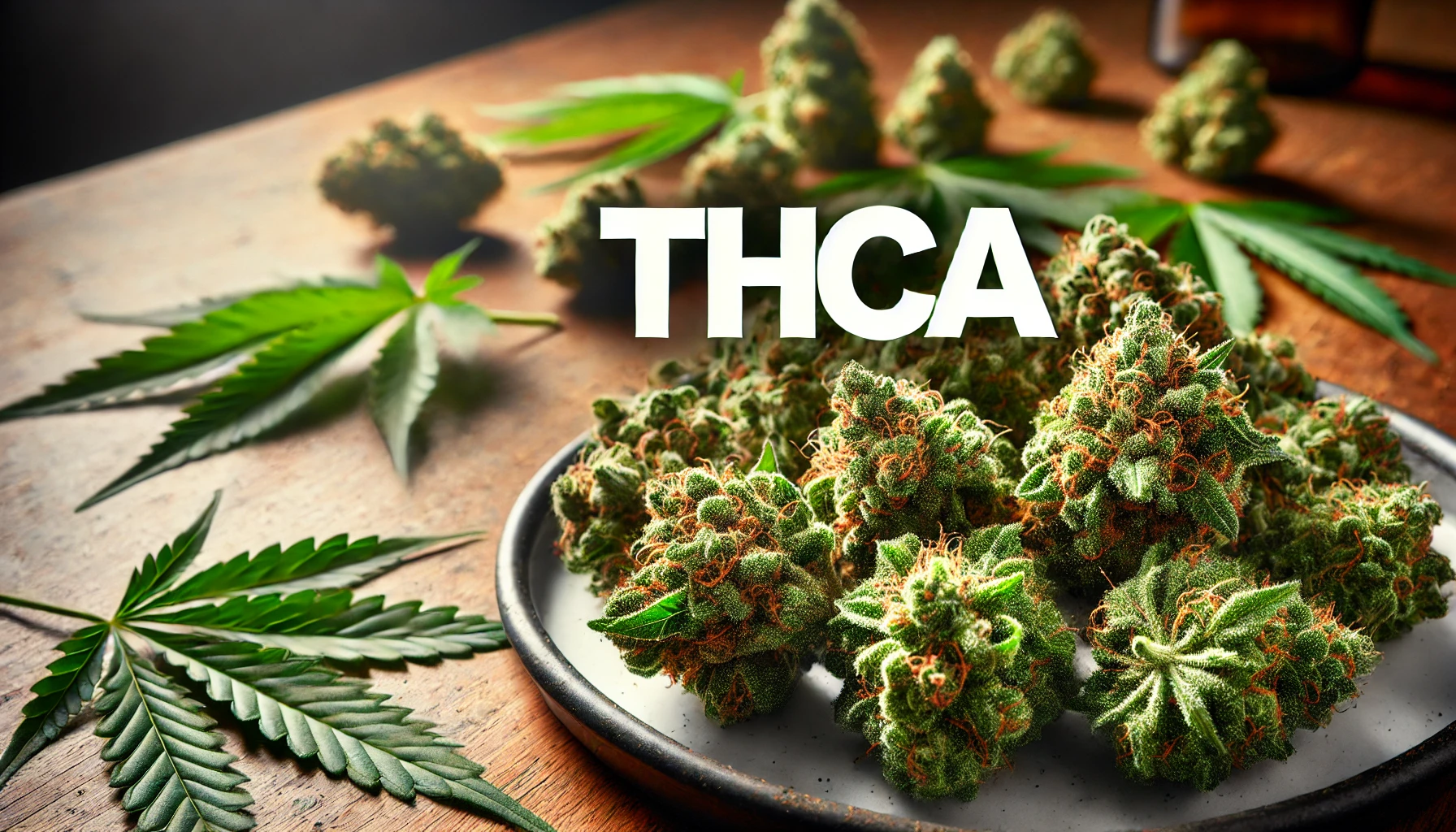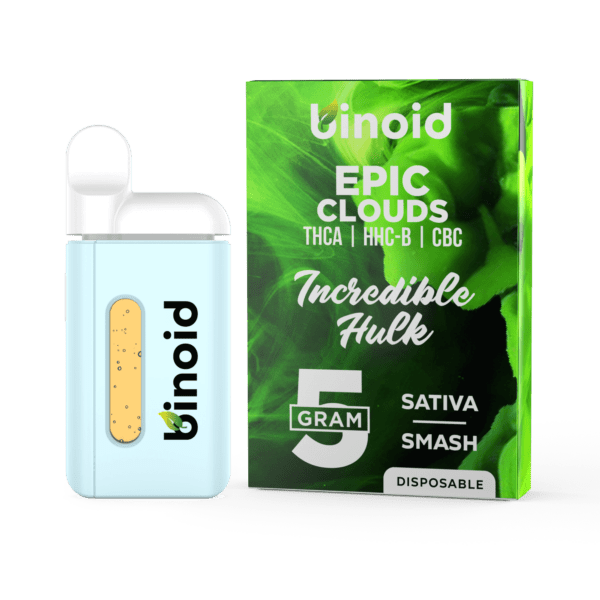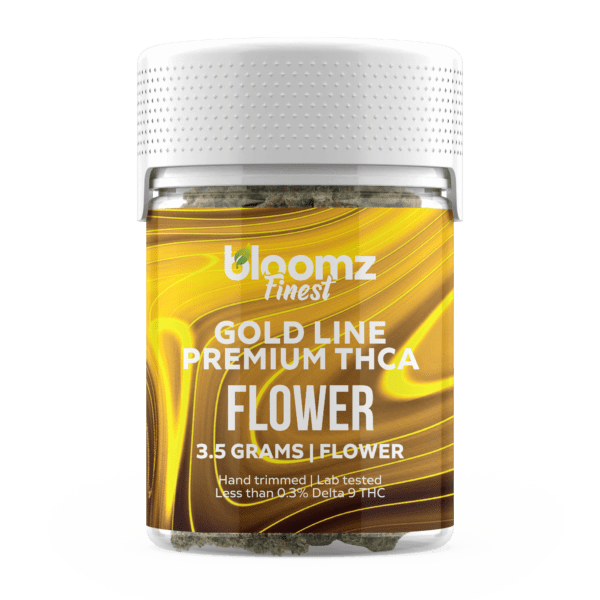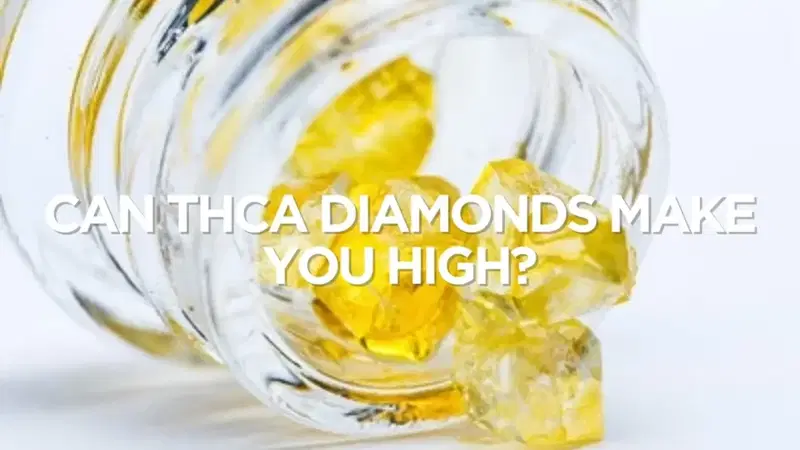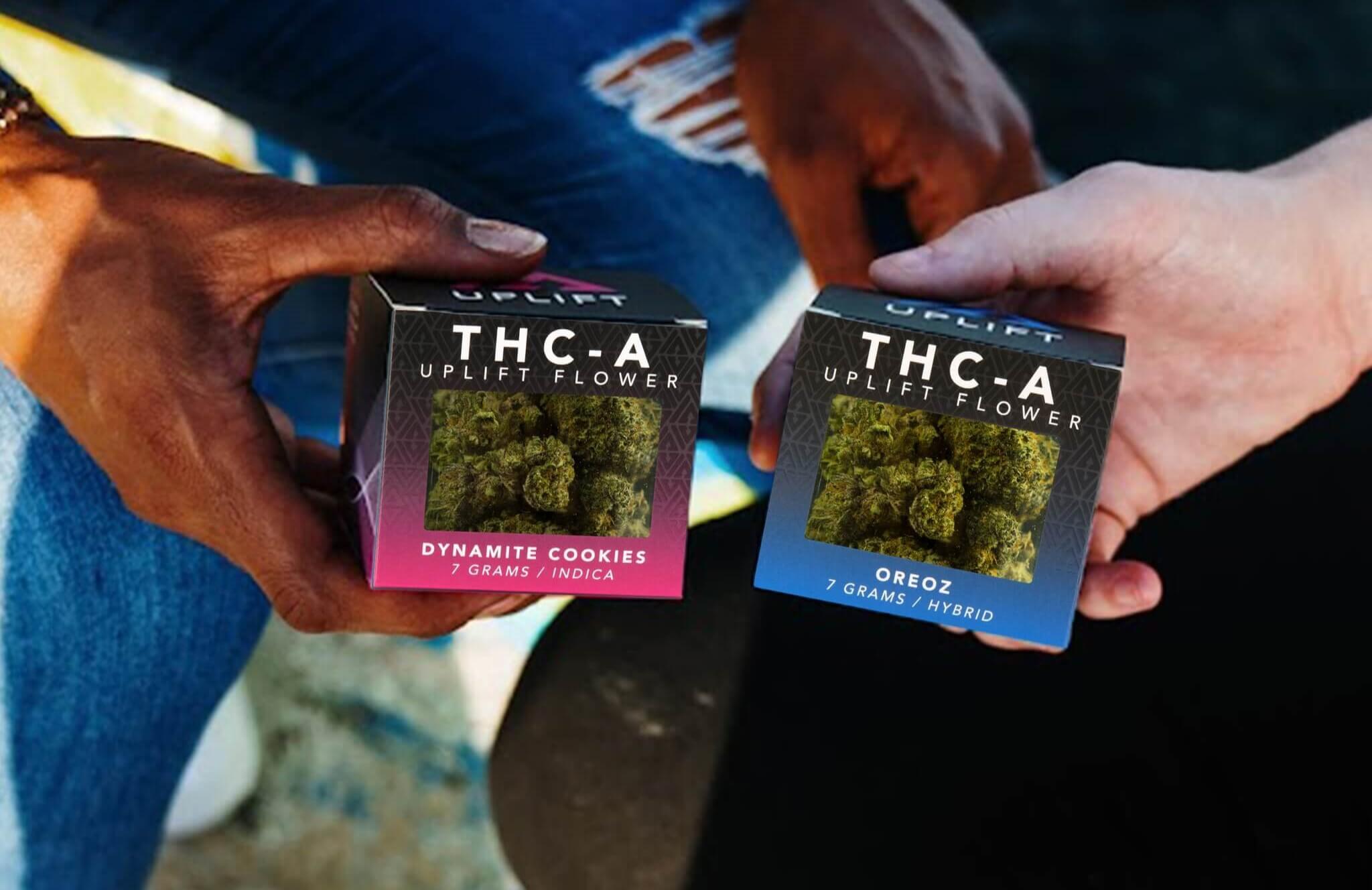Can You Buy Thca In Florida
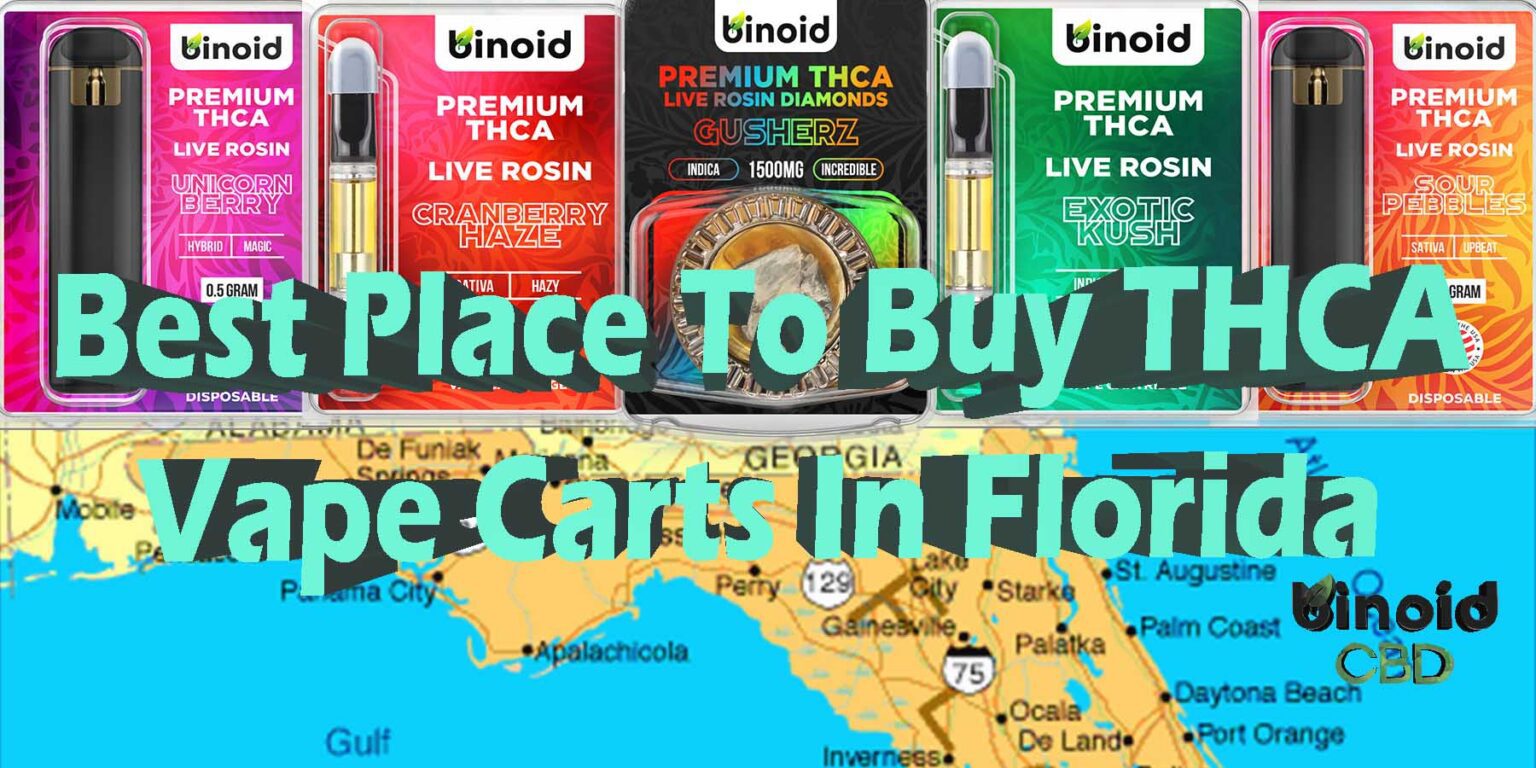
Imagine strolling down a sun-drenched street in Miami, the air thick with the scent of salt and citrus. Colorful storefronts beckon, promising everything from Cuban coffee to the latest beachwear. But tucked among them, you might spot a new kind of shop, one that whispers of wellness and relaxation, displaying products with names that sound both intriguing and slightly mysterious: THCa flower, THCa pre-rolls, THCa gummies.
The question on many Floridians' minds is simple: Can you legally buy THCa in Florida? The answer, as with many things in the legal cannabis landscape, is a bit nuanced. This article dives into the current regulations surrounding THCa in the Sunshine State, exploring what's permissible, what's restricted, and what consumers need to know to navigate this evolving market.
Understanding THCa
THCa, or tetrahydrocannabinolic acid, is a non-psychoactive cannabinoid found in raw cannabis plants. It's the precursor to THC (tetrahydrocannabinol), the compound known for its intoxicating effects. When cannabis is heated through smoking, vaping, or baking, THCa undergoes a process called decarboxylation, converting it into THC.
Essentially, THCa in its raw form doesn't produce the "high" associated with cannabis. However, the legal interpretations surrounding it have created a gray area, particularly in states with differing cannabis laws.
The Legal Landscape in Florida
Florida's cannabis laws are a mixed bag. Medical marijuana is legal for qualified patients, while recreational use remains prohibited. The state's medical marijuana program is relatively strict, requiring patients to obtain a physician's recommendation and register with the state.
The legal status of THCa hinges on the interpretation of the 2018 Farm Bill, a federal law that legalized hemp, defined as cannabis containing 0.3% or less Delta-9 THC on a dry weight basis. This opened the door for the production and sale of hemp-derived products, including those containing other cannabinoids.
Because THCa itself is not Delta-9 THC, some argue that it falls under the umbrella of legal hemp, as long as the final product, after decarboxylation (i.e., when smoked or vaped), doesn't exceed the 0.3% Delta-9 THC limit. This interpretation has led to the proliferation of THCa products in states like Florida.
The Gray Area: Interpretation and Enforcement
However, Florida's specific regulations regarding THCa are not explicitly defined. The state's laws focus on Delta-9 THC content, leaving room for interpretation and potential legal challenges.
"The lack of clear guidance from state regulators has created a bit of a Wild West situation," explains a local attorney specializing in cannabis law, who preferred to remain anonymous. "Businesses are operating under the assumption that THCa is legal as long as it meets the federal Delta-9 THC limit, but there's always the risk of enforcement action if the state adopts a different interpretation."
This uncertainty has led to a split in the market. Some businesses openly sell THCa products, advertising their potential benefits and adherence to the 0.3% Delta-9 THC limit post-decarboxylation. Others avoid THCa altogether, sticking to products that are explicitly legal under Florida's medical marijuana program or those derived from hemp and containing only trace amounts of THC.
What Consumers Need to Know
For consumers in Florida interested in THCa products, it's crucial to be informed and exercise caution. Here are some key considerations:
- Product Testing: Look for products that have been tested by a reputable third-party laboratory and have a Certificate of Analysis (COA) readily available. The COA should clearly state the levels of THCa, Delta-9 THC, and other cannabinoids.
- Source and Reputation: Choose reputable vendors who are transparent about their sourcing and manufacturing processes. Look for online reviews and ask questions about the product's origins.
- Legal Understanding: Be aware of the potential legal risks. While many believe THCa is legal under the current interpretation of the Farm Bill, the situation could change if Florida's regulators issue new guidance or if law enforcement takes a different stance.
- Dosage and Effects: Remember that THCa converts to THC when heated. Start with a low dose and be mindful of the potential effects, especially if you are new to cannabis products.
Several local shops around Florida openly advertise and sell THCa products. For example, a CBD store in Tampa proudly displays various THCa flower strains, each with lab reports assuring compliance with the 0.3% Delta-9 THC limit. Their staff are always on hand to answer any customer’s concerns.
“We believe we are following the law. Our products have been tested and we are confident that they are hemp compliant,” shared the store manager.
The Future of THCa in Florida
The future of THCa in Florida remains uncertain. As the cannabis industry continues to evolve, it's likely that state lawmakers and regulators will address the issue more directly. This could involve clarifying the legal status of THCa, establishing specific testing requirements, or even banning its sale altogether.
Industry observers believe that increased regulation is inevitable. "The current situation is unsustainable," says a lobbyist working on cannabis policy in Tallahassee. "Lawmakers will eventually need to provide clear guidelines to protect consumers and ensure fair competition."
A Final Thought
For now, the availability of THCa in Florida represents a fascinating intersection of federal and state laws, entrepreneurial spirit, and consumer demand. It’s not quite a free for all, but the gray area necessitates careful consideration and informed decision-making.
As the sun sets over the Florida coast, casting long shadows on those vibrant storefronts, the question of THCa's legality lingers in the air. Only time will tell how this story unfolds, but one thing is certain: the cannabis landscape in Florida is far from settled, and the journey promises to be anything but dull.
